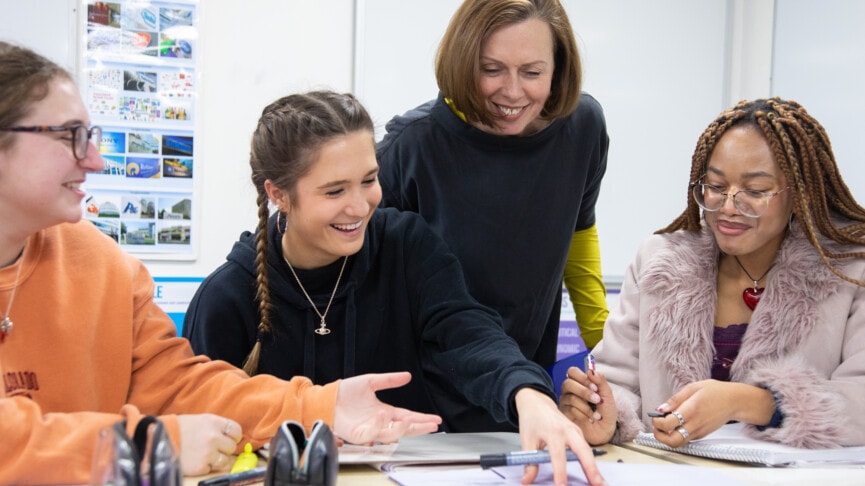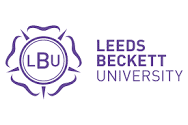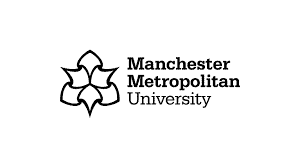Overview
Regardless of what your interests are, the chances are you will be employed in a business of some kind in the future. This could be as an entrepreneur in your own start-up or as an accountant or marketing manager in a large multinational such as Apple.
Whichever path you take, a Business BTEC will give you the key skills and knowledge you need to progress. You will learn about several important areas of business, such as Marketing, Finance and Human Resources, as well as learning about how businesses can be affected by their environment.
As a BTEC student, you will become more independent and skilled in carrying out research, writing reports and making presentations. Excellent organisation and hard work are essential from the outset, as you will be assessed throughout the two years of the course, starting in the first term.
The BTEC Level 3 Extended Certificate in Business is a two-year course, equivalent to one A-Level.
Entry Requirements
Entry Requirements
In addition to the general criteria that the college requires, you will need a minimum of:
- Grade 4 in GCSE English Language
- Grade 4 in GCSE Mathematics
• Grade 4 in GCSE Business Studies/Merit in Level 2 Business BTEC (if taken). However it is not necessary to have taken Business previously.
Course Details
In Year 1, there are two units:
- Unit 1: Exploring Business (coursework). Explore the internal organisation of a non-profit organisation in contrast to the organisation of a large profit-making business. Investigate how a business’s activities are influenced by its external environment. Thirdly, you look at the contribution of innovation and enterprise to business success.
- Unit 2: Developing a Marketing Campaign (exam). Learn about the different stages that a business goes through when developing a marketing campaign. From carrying out research into competitor activities, to deciding on an appropriate pricing strategy. You will then go on to develop your own campaigns for a range of different products/services based on analysis of your research. This practice will help you to prepare for an external exam, where you need to write your own campaign under exam conditions.
In Year 2, you study two further units.
- Unit 3: Personal and Business Finance (exam). Investigate the personal finance sector, including the different types of bank accounts, the pros and cons of loans and investments, and the organisations that can help individuals to manage their finances, such as independent financial advisors. You then go on to explore business finance and the purpose of accounting, how to prepare and analyse financial documents such as statements of comprehensive income and financial position. You will need good mathematical skills to carry out the required calculations.
- Unit 8: The Recruitment and Selection Process (coursework). Understand why recruitment is key to the success of a business. Explore the various tools used during a typical recruitment and selection process and investigate how a large business uses these tools. This unit also gives you the opportunity, through role play, to take part in a selection process and to review your individual performance.
Assessment
The course is assessed both through external assessments (exams) worth 60% of the course and via internal assessments (coursework) worth 40%.
The first of the two course work units (Exploring Business) is completed in the first year and the second (Recruitment and Selection Processes) is completed in Year 2. The first of the two exams (Developing a Marketing Campaign) takes place in the first year of the course and the second (Personal and Business Finance) takes place in the second year.
Subject Combinations
It is not recommended that Business BTEC is taken alongside Business A Level, as these courses cover similar material. A Business BTEC combines well with a range of other subjects, such as IT or Media.
University Destinations
Business BTEC is a highly respected qualification, with 90% of Esher Sixth Form College students progressing onto University.
Here are some typical University Destinations that our Business BTEC students go on to. Click on a destination to see some examples of courses they have taken;
Careers
A Business BTEC is accepted by many universities and provides a foundation for degree level study, it also suits students who wish to apply for work or an apprenticeship.
FAQs
What skills will I need and develop on this course?
Students taking this course need to be organised, hard-working and independent. As students are continually assessed via both internally assessed coursework assignments and externally assessed exams, an excellent work ethic, strong written communication skills and numerical ability are critical to achieving success.
The BTEC National Certificate in Business will provide you with opportunities to develop and strengthen your skills in communication, numeracy, IT and in carrying out independent research.
What’s the difference between the Business A Level and the Business BTEC?
In terms of content, the Business A Level course covers an extensive range of topics enabling students to develop a more critical understanding of business strategy and success both on a national and global scale. The Business BTEC course focuses on a narrow range of topics, mainly marketing, recruitment and accounting. The other key difference is in how students are assessed:
- Business A Level is assessed entirely by external exam at the end of the two-year course.
- The BTEC National Certificate in Business is assessed by both external assessment (exams) which are worth 60% of the course and internal assessment (coursework) which is worth 40%.
You are assessed throughout the course so need to demonstrate strong skills of analysis and evaluation from the outset in order to achieve a high grade.
What extra support/enrichment activities are on offer?
You will have the opportunity to visit some of the businesses that you are investigating and attend talks by guest speakers. This will help to develop your understanding of business theory in the context of real-life business scenarios. We also run visits and workshops during Wider Skills Week in the July of your first year, which you may opt to participate in.
Our Learning Resource Centres offer extensive online resources that you can use in college or at home. To find out more visit Online Subscriptions for Business













